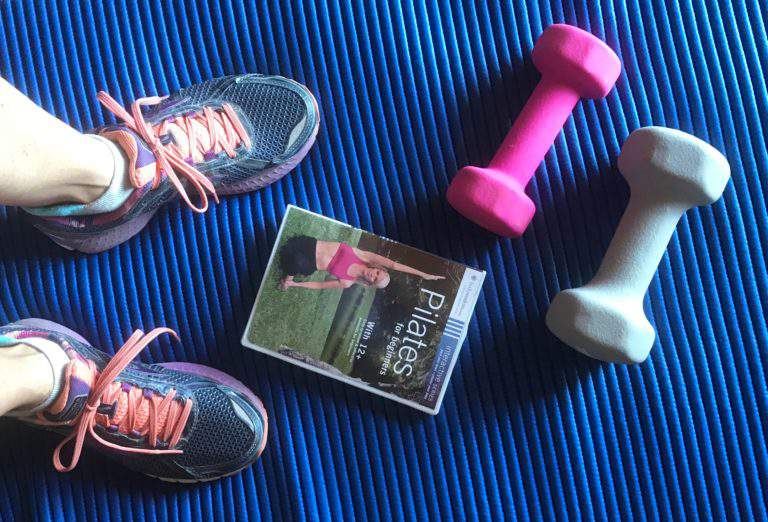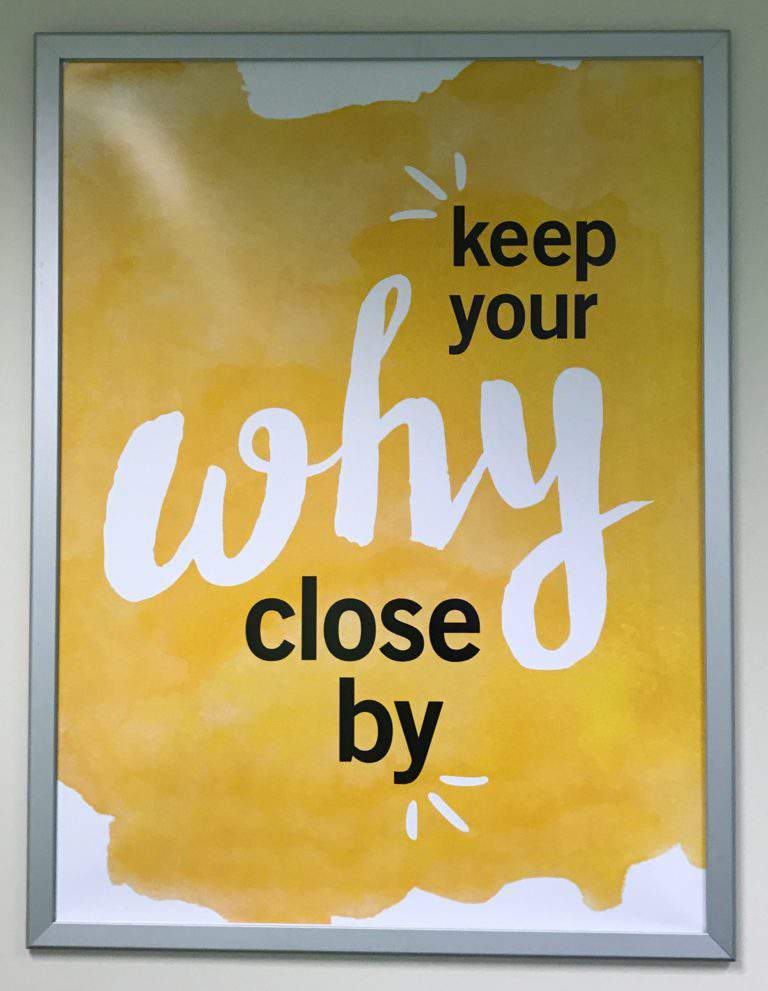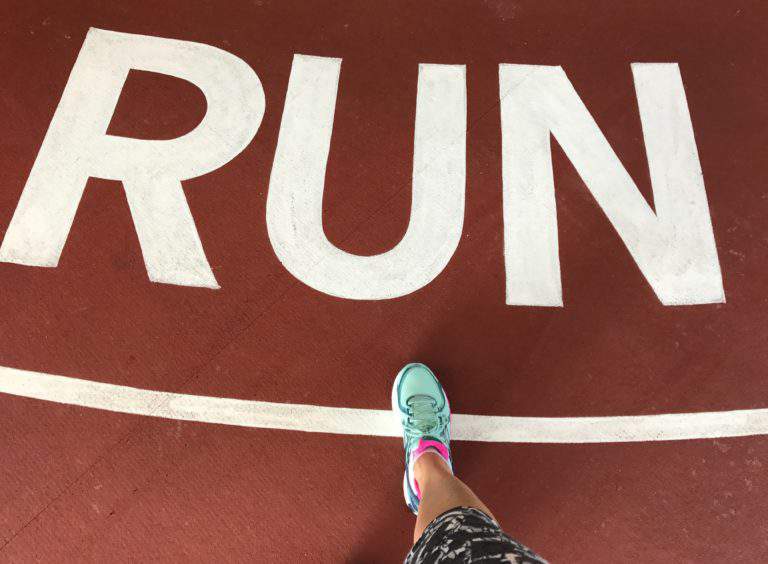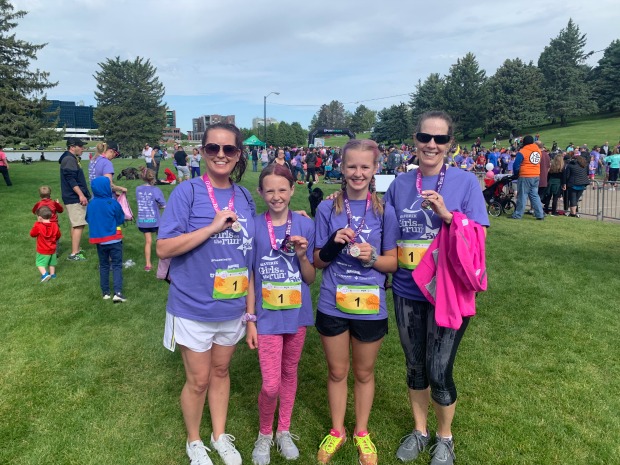I want to be like an elephant…if only I could remember why

My sisters and I shared a moment recently, laughing nervously about the basic things we sometimes forget…a keypad code we’ve used hundreds of times, where to turn when driving to a popular destination, the spelling of a common word. The list goes on.
What does it mean? Just that we are getting older? Too much on our minds? An over-reliance on Google and smart phones? The stress of a two-year pandemic? Or something more sinister, like early Alzheimers?
And more importantly, what can we do about it?
Why do I keep forgetting things?
According to WebMD, small memory lapses are a normal part of aging — just like creaky knees, wrinkled skin, or blurry vision. Hmph…maybe with luck, between my memory lapses and blurry vision, I’ll forget about my wrinkled skin!
Other contributors to poor memory include stress, lack of sleep, alcohol consumption, and worry of any kind. So, you mean having a drink to ease my worry about my forgetfulness, and then staying up all night practicing memory games isn’t the solution?
Should I be worried?
This WebMD article gives a good comparison of signs of normal forgetfulness versus signs that something more serious may be going on. A big indicator is if others are more worried about it than you are? If are aware of your occasional lapses, you probably have nothing to worry about. Here are a couple of specific examples (the article has several more):
Normal: You can’t find the right word immediately.
Cause for concern: You call things by the wrong names. You stop in the middle of a sentence and have no idea what you were saying.
Normal: You misplace your glasses or the remote from time to time.
Cause for concern: You put things in weird places, and you can’t retrace your steps to find them. Or, you accuse others of stealing.
What can I do to improve my memory?
The Mayo Clinic offers these seven tips for improving memory:
- Include physical activity in your daily routine. This improves blood flow to the brain.
- Stay mentally active. Play bridge. Do crossword puzzles. Drive a different route. Wordle anyone?
- Socialize regularly. This sharpens your communication skills and wards of depression and stress, both of which contribute to memory loss.
- Get organized. Write down appointments and special events. Eliminate clutter and distractions.
- Sleep well. Sleep is important to consolidating memories.
- Eat a healthy diet. Feed your brain. Limit alcohol and unnecessary drugs.
- Manage chronic conditions. Good overall health contributes to a good memory.
Do elephants really have good memories?
Yes, in fact they do. According to the Cleveland Zoo, elephants use their 10.5 pound brains to encode necessary identification and survival information to keep their herd safe in the wild. When an elephant comes across another elephant they interacted with even years before, they will become animated and apparently excited to be reunited again. The matriarch of a herd will remember where a reliable source of water is no matter how far they have wandered or how long they’ve been gone.
Your turn
- Have you noticed an increase in forgetfulness in the last few years? To what do you attribute it?
- Have you tried Wordle yet?
- Do you love elephants? Have you ever seen one in person outside of a zoo?
- What else is on your mind? Anything at all; I just love to hear from you.
Follow my blog with Bloglovin.
Image by Dariusz Labuda from Pixabay







I once worked in a dementia care day unit. All the staff became paranoid if they forgot something. I think you need to worry if you forget how to do every day things or forget where you are. Yes I love wordle.
Hello Anne. Seeing dementia on a daily basis would lead to paranoia, I imagine. My maternal grandfather and my mother both had Alzheimer Disease, so my sisters and I are a little sensitive about any forgetfulness. I love Wordle too! It really tests my brain sometimes, but the satisfaction of getting the word is worth it.
Not a wordle player myself – but I think Jigsaw puzzles are my “brain exercise.” I also read and write extensively. I’ve recently been paying close attention to my sleep – my Samsung Health app is wonderful for this. It isn’t just about the length of your sleep but your sleep cycles. Learning lots! And hoping it helps with my focus and memory.
I like a good jigsaw puzzle too, Janet, as well as reading and writing. I do also enjoy the daily Wordle puzzle and an occasional Sudoku. Quality sleep is huge for all aspects of health. I took a MasterClass on sleep, and it was fascinating.
Woo – did the MasterClass teach tricks to improve sleep? Maybe I’ll need to look it up. Thanks for mentioning.
It did. The class went into a lot of the science of sleep, but also how you could put that science to work for a better night’s sleep. The instructor is Dr. Matthew Walker.
Thank you! I’ll look it up.
I don’t usually forget my PIN codes for credit and debit cards because I know them well. However, sometimes I can go into a blind panic and mix up the order of the numbers. I then convince myself that everyone within a vicinity of 10 yards thinks I’m a fraudster using somebody else’s card at which point and after entering the number wrongly for a second or third time, I normally have a melt down grab another card from my purse and do the same again!
This is exactly the type of thing my sisters and I were discussing, Caree. Sometimes I get my cell number and my husband’s all jumbled up, when asked for my number. It’s frustrating, and sometimes a little embarrassing, but probably not too concerning in the big picture of things.
Hi, Christie – Thank you for another great article. Currently, my biggest memory issue is walking into another room and totally forgetting what I went in there to get. I began worrying that this was a definite sign of aging — or worse — until I learned about the ‘Doorway Effect.’ Phew! One less thing for me to (currently) worry about! 😀 https://www.scienceabc.com/humans/doorway-effect-why-we-forget-what-we-were-supposed-do-after-we-enter-room.html#:~:text=Psychologists%20believe%20that%20walking%20through,to%20as%20the%20doorway%20effect.”Psychologists believe that walking through a door and entering another room creates a “mental blockage” in the brain, meaning that walking through open doors resets memory to make room for a new episode to emerge. This is generally referred to as the doorway effect.”
How interesting, Donna. I hadn’t heard of the Doorway Effect, but will definitely read this article. Thanks for sharing.
Hi Christie – I have the occasional memory lapse and immediately think Alzheimers because my dad had early onset dementia and died at 73. What my husband reminds me of is that my dad was also and alcoholic and had smoked his entire life – I do neither, so my brain is in much better condition than his was! So, now I just roll my eyes at myself and realize that everyone my age has these “blonde moments” – or senior moments, or magic moments (depends on which one you prefer) and it’s not a regular occurance so I’m okay with it – even though it’s yet another weird thing about getting older!
Good point, Leanne. I try to take good care of myself physically and mentally. The rest is out of my hands, really. If I am genetically predisposed to Alzheimer or other memory issues, I can’t change that. I can everything in my power to not contribute to any deterioration. Worrying doesn’t help, so as my younger sister said, I might as well “enjoy my brains while I have them!”
I asked my doctor about when someone should be worried about memory loss. He said quite simply if you put your keys in the freezer, that’s one thing. But if you find your keys wherever you left them and don’t know what they do, then you have a problem. Since he said this I eye my keys with suspicion. Those little buggers could be the key to my future. [Pun intended.]
Excellent advice from your doctor, Ally. And nice pun!
I do find some comfort in knowing I’m not alone, that we are all forgetful sometimes. But don’t worry sister, if we ever really need too, I know we will help each other remember the good stuff.?
I love that, Cindy. And I’m thinking creative memory might be the way to go! XOXO
Sounds like I don’t need to worry when I can’t come up with the word I’m looking for. But I have wondered if it’s a sign of something. I also will put something in a safe place but then forget where that is!! I have to write myself notes to remind myself of things I need to do. And I was always the one who remembers things!! Oh well.
I can relate, Linda. I struggle with finding the right word more often than I like to admit. I can usually find things I regularly use, but if I put something away for safekeeping, I may not remember where that safe place is later. I’ve always been a list maker, so those serve as my reminder of things I need to do. Such is life, huh?
Sad but true. ?
As long as we remember the important stuff, like happy memories and loved ones.
Christie, I always joke with Malcolm that I make our annual Shutterfly books because they will remind me of who we were when my mind goes. Last week I drove by my nail salon and had to do a Uturn because I forgot where it was! That was scary. Good topic.
I’ve had that experience, Suzanne, where you forget something that has been second nature in the past. It scares me too. Then it all comes back and I figure my mind was busy processing other things. Hopefully, it remains the rare occurrence, rather than the norm.
Christie, I’m living this more every day with my mom. She’s gone past forgetting the words to things and is now getting lost driving to/from the store. Yes, we are in the process of figuring out how to take the car keys away from her and set up the what’s next. She often will say “I’ve never done/had that” when she has (frustrating) and is also very confused on things (example: has no idea how an IRA works anymore – scary.) I think the latest is she can’t work her cellphone anymore – not able to figure out how to make a call. And yes, I worry every time I forget something… but she is 88, not 61.
I feel for you, Pat. My mother was just starting to have some of those serious issues when her physical health required that she move into an assisted living center. Luckily, she had voluntarily given up her car several years before. My mother-in-law is in a memory care center now. Luckily, she remembers who we are, but often gets the details confused. Most recently, she decided that Larry and I had just married and returned from our honeymoon. We’ve been married for 23 years now! She is coming up on her 95th birthday, so it is understandable.
I empathise with your fear. I have the same with two grandparents (one on each side) and my father who all suffered from dementia. My mother may be showing signs too, I fear. Yes, there are lifestyle issues which apply, but it’s scary nevertheless.
Thank you for the distinctions you’ve given between normal ageing and worrying signs (also love Ally’s example). It appears that doctors use many different examples, but I am happy to collect each and every one as they each add to the overall picture.
I don’t Wordle, I’m far too easily addicted to games on my phone and I don’t want to start that up again!
Hello Debs. It seems a lot of us can relate to fears about memory lapses and what they mean. It is nice to have some guidelines around that. I guess we just do what we can to protect our brains and enjoy the present…try not to worry too much about the future. I can understand if you don’t want to start gaming on your phone again. One of the things I like about Wordle is they only give you one word a day. When you are done, you are done.